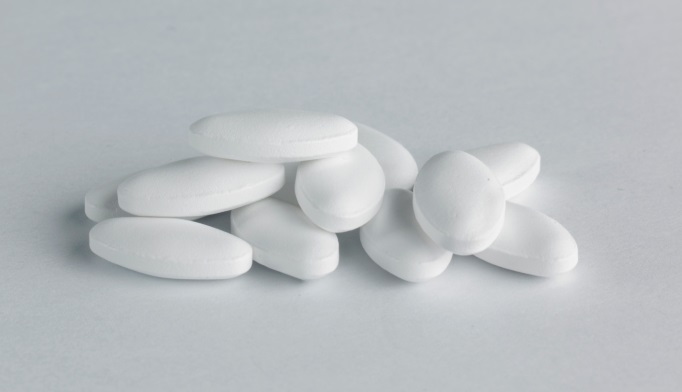Cardiovascular
Bempedoic Acid’s Benefits, Risks for Patients at High Cardiovascular Risk – Renal and Urology News
A new systematic review and meta-analysis confirms that bempedoic acid offers substantial cardiovascular benefits, but may raise uric acid levels and worsen kidney function.
The drug is an ATP citrate lyase inhibitor for patients intolerant to statins or in need of additional LDL cholesterol reduction while on maximum-tolerated statin therapy.
The systematic review and meta-analysis, led by Naseer Uddin, MBBS, of Dow University of Health Sciences in Karachi, Pakistan, included 7 randomized double-blind placebo-controlled trials of bempedoic acid involving 17,816 patients. In 4 of the 7 trials, a majority of the patients also had chronic kidney disease. Hypertension, atherosclerotic cardiovascular disease, and diabetes affected various proportions of patients.
Continue Reading
Compared with placebo, bempedoic acid significantly reduced the risk for major adverse cardiovascular events (MACE) by 13%, nonfatal myocardial infarction by 27%, hospitalization for unstable angina by 31%, and coronary and noncoronary revascularization by 18% and 59%, respectively, the investigators reported in Current Problems in Cardiology. The drug also reduced LDL-C by a mean difference of 22.38% and total cholesterol by a mean difference of 13.86% compared with placebo.
Bempedoic acid treatment, however, significantly increased the risk for gout by 55% and hyperuricemia by 94%. Patients also had a significant 34% increased risk for worsening renal function.
According to Dr Uddin’s team, bempedoic acid “holds promise as an alternative adjunct therapy for patients at elevated CV risk. However, its adverse effects and the high cost of the treatment should be compared with other equally effective LDL-C lowering drugs.”
Reference
Uddin N, Syed AA, Ismail SM, Ashraf MT, Khan MK, Sohail A. Clinical efficacy and safety of bempedoic acid in high cardiovascular risk patients: a systematic review and meta-analysis of randomized controlled trials. Curr Probl Cardiol. 2023 Jul 27;48(12):102003. doi:10.1016/j.cpcardiol.2023.102003

